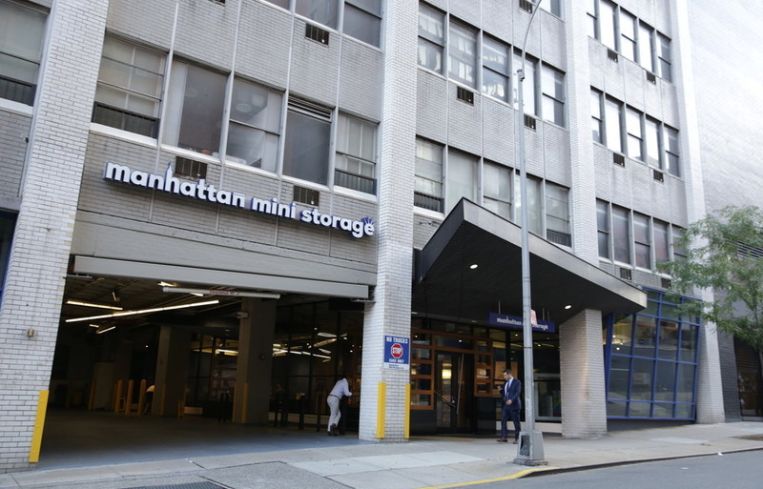Manhattan’s Self-Storage Sector Saw Busiest Year on Record in 2021
By Nicholas Rizzi March 21, 2022 5:16 pm
reprints
Manhattan had what’s likely a record amount of investment activity in self-storage space last year, mainly due to one massive sale.
The borough saw almost 3 million square feet of self-storage space sold in 2021, totaling nearly $3 billion, a massive increase from the $483 million seen in 2020, according to a report from StorageCafe, a marketplace run by real estate investment and property management platform Yardi Matrix.
Manhattan’s surge in activity was driven by self-storage chain StorageMart picking up competitor Manhattan Mini Storage’s 18 locations in the borough for around $3 billion toward the end of the year, according to the report. But Manhattan — which led the pack in self-storage sales nationwide last year — wasn’t the only borough to see a flurry of activity.
Queens had 342,888 square feet of self-storage space that changed hands in 2021, totaling about $144 million and making it the third-busiest place in the country for activity, behind Phoenix with $180 million, the report found.
Self-storage, once a niche asset class, has been winning in the pandemic and attracting large investors as college students moved out of dorms, rental evictions increased, and people stuck working remotely cleared space for home offices.
Nationwide, around 108 million square feet of self-storage space was bought in 2021, doubling the 54 million square feet that changed hands in 2020, according to StorageCafe. Sales volume totaled $10.9 billion in 2021, a 161 percent increase from 2020, the report found.
While New York City had two boroughs crack StorageCafe’s top 10 cities for self-storage in 2021, Florida had the most entries with three spots — Tampa, Orlando and Miami.
And the boom in activity could mean another huge year for sales in 2022 as mom-and-pop owners look to capitalize on the hot market and take advantage of high prices and increased appetite from institutional investors for self-storage space, Yardi Matrix product specialist Isaac Hiatt said in a statement.
“Seeing the success of the industry during this time, many institutional investors began to look to add storage to their portfolios, which added competition to existing players looking to purchase the same properties,” Hiatt said. “For many mom-and-pop owners, which is still the vast majority of owners in the sector, their facilities hit the peak of their value and many began to look to sell as their exit strategy. This has led to an increase in one-off deals as well as portfolio sales to either larger operators or those with deep pockets looking to get their foot in the door.”
Nicholas Rizzi can be reached at nrizzi@commercialobserver.com.

![Spanish-language social distancing safety sticker on a concrete footpath stating 'Espere aquí' [Wait here]](https://commercialobserver.com/wp-content/uploads/sites/3/2026/02/footprints-RF-GettyImages-1291244648-WEB.jpg?quality=80&w=355&h=285&crop=1)

